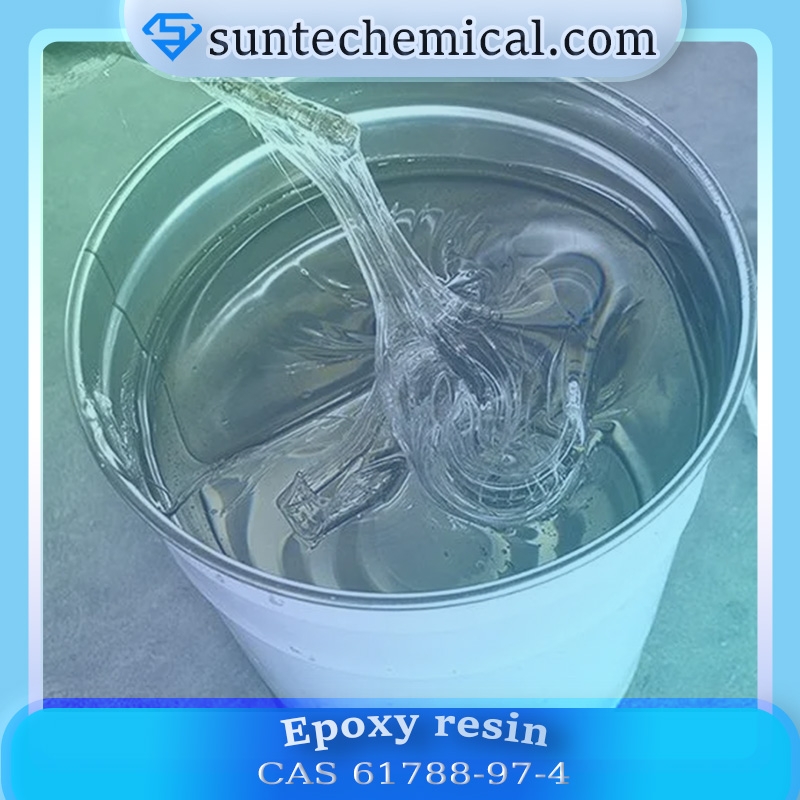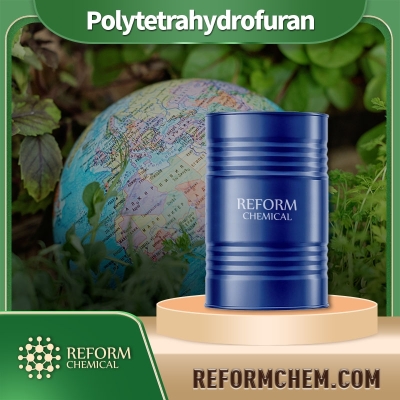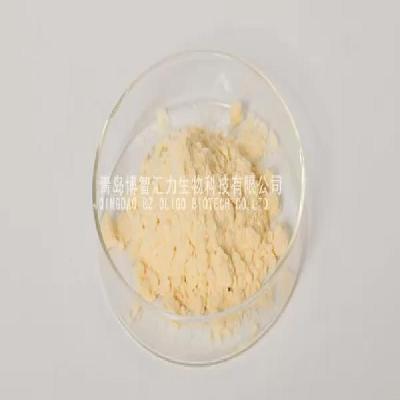-
Categories
-
Pharmaceutical Intermediates
-
Active Pharmaceutical Ingredients
-
Food Additives
- Industrial Coatings
- Agrochemicals
- Dyes and Pigments
- Surfactant
- Flavors and Fragrances
- Chemical Reagents
- Catalyst and Auxiliary
- Natural Products
- Inorganic Chemistry
-
Organic Chemistry
-
Biochemical Engineering
- Analytical Chemistry
-
Cosmetic Ingredient
- Water Treatment Chemical
-
Pharmaceutical Intermediates
Promotion
ECHEMI Mall
Wholesale
Weekly Price
Exhibition
News
-
Trade Service
Recently, the research team of the Nanosystem Photonics Group of the Center for Materials Nanostructure of the National Research Institute of Japan found through numerical calculations that transition metal nitride and carbide nanoparticles can effectively absorb sunlight
.
At the same time, experiments have confirmed that when nitride nanoparticles are dispersed in water, they will rapidly increase the water temperature
.
By making efficient use of sunlight, these nanoparticles may be applied to the heating and distillation
of water.
Water and air heating account for 55%
of household energy consumption.
If sunlight can be efficiently converted into heat, it will be possible to heat water and air without using electricity, thus reducing CO2 emissions
.
The use of conventional solar collectors and collector tubes to absorb sunlight will cause heat loss
due to heat conduction.
It is attracting attention
because nanoparticles can directly heat the medium, including water, when dispersed in the medium.
Recently, the above research team and Naotoumezawa, a senior researcher in the Department of Environment and Energy Materials of the National Research Institute of Japan, jointly used first-principles calculations to find nanoparticle materials suitable for photothermal conversion and estimate their physical properties
.
The research team found that the transition metals nitride and carbide, ceramics, are highly effective at absorbing sunlight
.
In addition, after selecting titanium nitride (TIN) from a large number of transition metal nitrides, the research team dispersed the Tin nanoparticles into the water and illuminated
the aqueous solution.
In this experiment, the research team confirmed that TIN nanoparticles can convert sunlight into heat
with close to 90% efficiency.
Since TIN nanoparticles exhibit broadband plasma resonance, the sunlight absorption efficiency of Tin nanoparticles on each nanoparticle base may be higher
than that of gold and carbon nanoparticles.
In future research, the team is planning to apply the results to geothermal and hydrothermal distillation of sewage and seawater
.
In addition to this project, the research team is also working on other nanoparticle applications, such as the development of polymer materials between polymers and nanoparticles, nanoparticle-mediated chemical reaction research
.
Recently, the research team of the Nanosystem Photonics Group of the Center for Materials Nanostructure of the National Research Institute of Japan found through numerical calculations that transition metal nitride and carbide nanoparticles can effectively absorb sunlight
.
At the same time, experiments have confirmed that when nitride nanoparticles are dispersed in water, they will rapidly increase the water temperature
.
By making efficient use of sunlight, these nanoparticles may be applied to the heating and distillation
of water.
Water and air heating account for 55%
of household energy consumption.
If sunlight can be efficiently converted into heat, it will be possible to heat water and air without using electricity, thus reducing CO2 emissions
.
The use of conventional solar collectors and collector tubes to absorb sunlight will cause heat loss
due to heat conduction.
It is attracting attention
because nanoparticles can directly heat the medium, including water, when dispersed in the medium.
Recently, the above research team and Naotoumezawa, a senior researcher in the Department of Environment and Energy Materials of the National Research Institute of Japan, jointly used first-principles calculations to find nanoparticle materials suitable for photothermal conversion and estimate their physical properties
.
The research team found that the transition metals nitride and carbide, ceramics, are highly effective at absorbing sunlight
.
In addition, after selecting titanium nitride (TIN) from a large number of transition metal nitrides, the research team dispersed the Tin nanoparticles into the water and illuminated
the aqueous solution.
In this experiment, the research team confirmed that TIN nanoparticles can convert sunlight into heat
with close to 90% efficiency.
Since TIN nanoparticles exhibit broadband plasma resonance, the sunlight absorption efficiency of Tin nanoparticles on each nanoparticle base may be higher
than that of gold and carbon nanoparticles.
In future research, the team is planning to apply the results to geothermal and hydrothermal distillation of sewage and seawater
.
In addition to this project, the research team is also working on other nanoparticle applications, such as the development of polymer materials between polymers and nanoparticles, nanoparticle-mediated chemical reaction research
.







